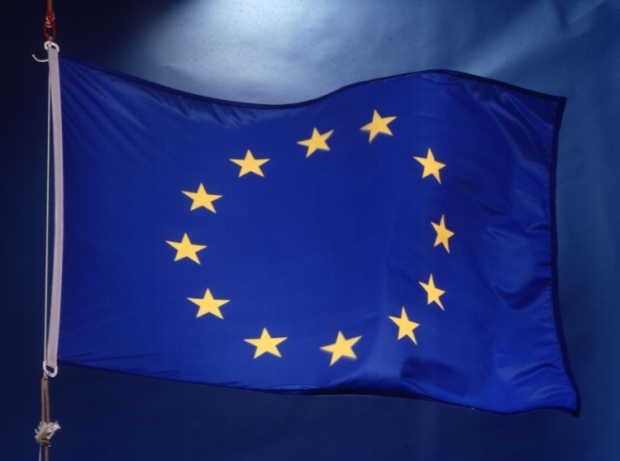CEO of OpenAI, Sam Altman, has spent the last month touring world capitals where, at talks to sold-out crowds and in meetings with heads of governments, he has repeatedly spoken of the need for global AI regulation.
But according to Time magazine behind the scenes, OpenAI has lobbied for significant elements of the most comprehensive AI legislation in the world -- the E.U.'s AI Act -- to be watered down in ways that would reduce the regulatory burden on the company.
In several cases, OpenAI proposed amendments that were later made to the final text of the E.U. law -- which was approved by the European Parliament on June 14 and will now proceed to a final round of negotiations before being finalised as soon as January.
In 2022, OpenAI repeatedly argued to European officials that the forthcoming AI Act should not consider its general-purpose AI systems -- including GPT-3, the precursor to ChatGPT, and the image generator Dall-E 2 -- to be "high risk," a designation that would subject them to stringent legal requirements including transparency, traceability, and human oversight.




